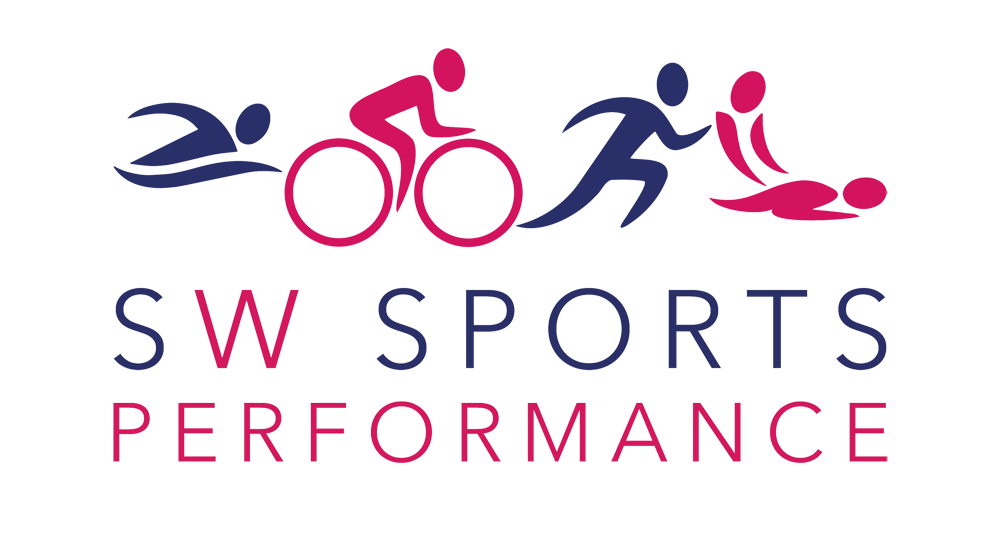If you want PBs you need to train smart. If you over train, your season will quickly come to a halt. Training smart allows you to train hard and exert your body, but it means using your head.
If you apply the same energy to your recovery, diet and intensity then you will improve your chance of a successful season. If you don’t, you will only increase your chance of injury which could lead to missing months of training to recover.
Tired or a burnout?
Over-training is the process of excessive training caused by inadequate recovery which leads to symptoms such as fatigue and poor performance. This is different to the day-to-day fluctuating feelings of tiredness after exercise and it’s commonly referred to as ‘burnout’.
Triathlon and running training can sometimes be a tricky balance. Most of us know that in order to improve, you need to train hard and then recover properly. Providing you have trained well; your body should adapt during rest periods and leave you stronger and fitter.
However, work stress, lack of sleep and emotional upheaval can all cause real tiredness. It’s this delicate blend of training, rest, sleep and balancing stress that will determine whether you are training effectively or doing too much.
Signs you’re over-training:
Emotional signs:
- Loss of enthusiasm
- Lethargy
- Irritability
- Insomnia
- Loss of appetite
Physical signs:
- Gradual weight loss.
- Looking tired all the time.
- Increase in morning heart rate of more than five beats.
- Persistent muscle soreness.
- Increase in allergies/infections.
- Your fitness has stopped improving with training. In fact, training is starting to feel like it’s doing more harm than good.
- You’re not performing as well as you used to during training sessions.
- You’re finding it harder to recover after training sessions.
- Your appetite has changed.
- You’re easily injured during training.
Causes of over-training:
- If you’re training too intensively for a lengthy period.
- Doing too many races in short succession after a period of intense training.
- When your life combines intense training and emotional stress.
Effective training isn’t about who can clock up the most hours. It’s about who can listen to their body and get the balance right. It’s OK to be tired from time to time as it’s a completely natural part of proper training.
Over-training isn’t something you wake up with; its more gradual. When you increase your training too quickly and ignore your body’s response – then you’ll run into trouble.
Follow these simple points to prevent over-training:
- Set yourself achievable goals and train sensibly to reach them. Although your goals need to be challenging, if they’re too ambitious, you’ll find yourself over-training and pushing yourself too hard in your attempt to meet them.
- Make sure you rest after a race or big event.
- Make a change to your training routine now and again. A different route, running pace or type of exercise can be stimulating and refreshing.
- Make sure you drink plenty of water. Little and often is ideal to replace fluids and avoid dehydration.
- Remember to eat well, including carbohydrates because your energy stores will be used up during your training sessions. Another good tip is to time your meals, so you eat no later than 30-minutes after training. This will ensure you store less food as body fat and more as muscle glycogen.
- Ensure your training plan considers professional work, family and social duties, as well as your individual recovery potential.
- Focus on good habits! The right amount of sleep, a good quality diet and decent amounts of recovery.
- Don’t schedule hard workouts on successive days. Alternating heavy and light training will give you the best results. Incorporate cross training into your programme. Things like swimming, cycling and stretching help build fitness while taking the stress off your running muscles.
- Training programmes will only work if you include the time your body needs to recover and adapt. Short term, this means easy workouts or days without training. Long term, this is the transition period after the season or the main start. But let’s face it, if you train less than ten hours a week, the transition period is mostly aimed at ‘refreshing’ your head.
- Look after yourself and have regular checkups with a Sports Therapist, Physiotherapist and Chiropractor. Regular sports massages can prevent injuries from occurring.
If you have any training concerns, please call us on 07837 962 778 and we will be happy to discuss your needs.

